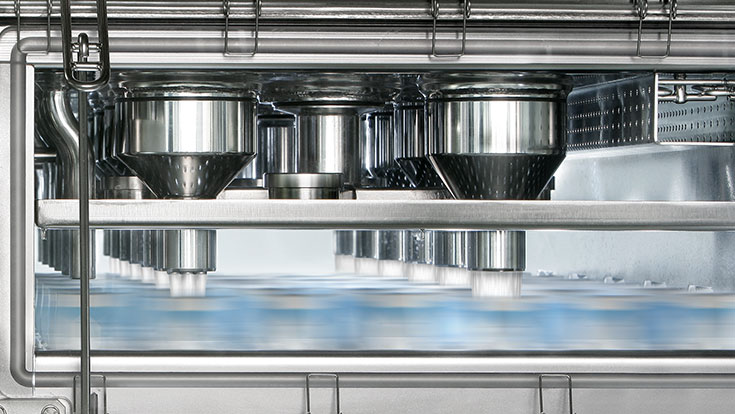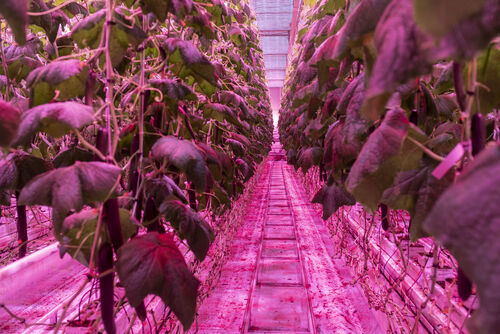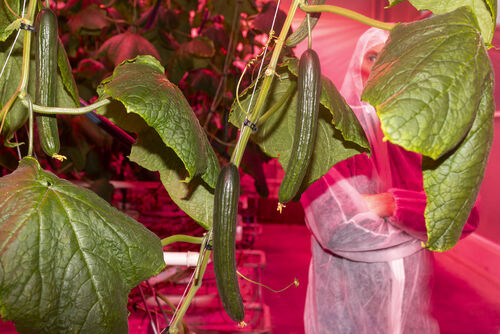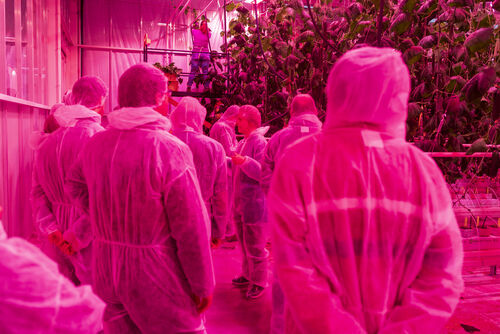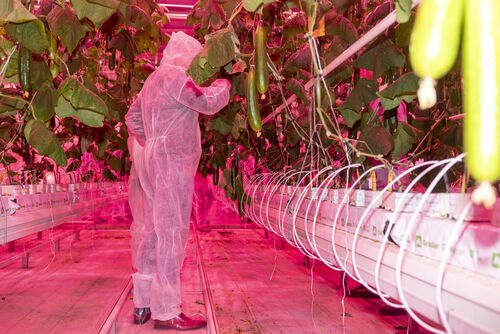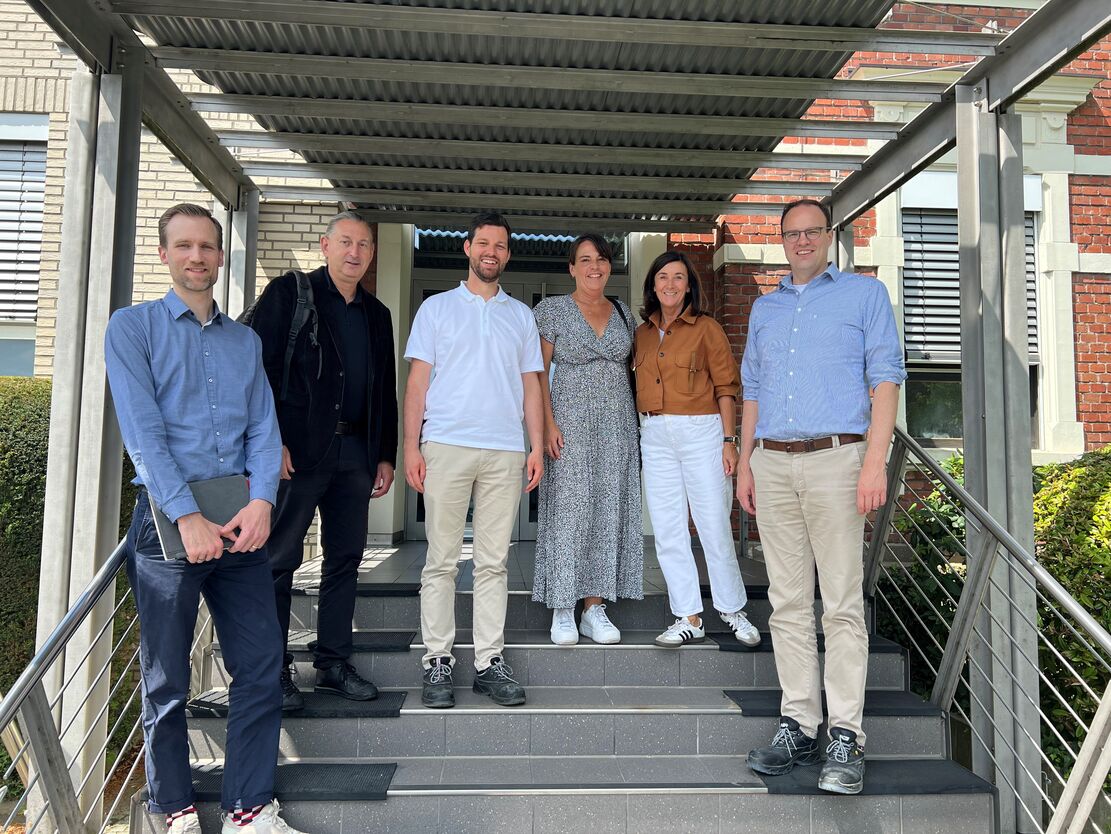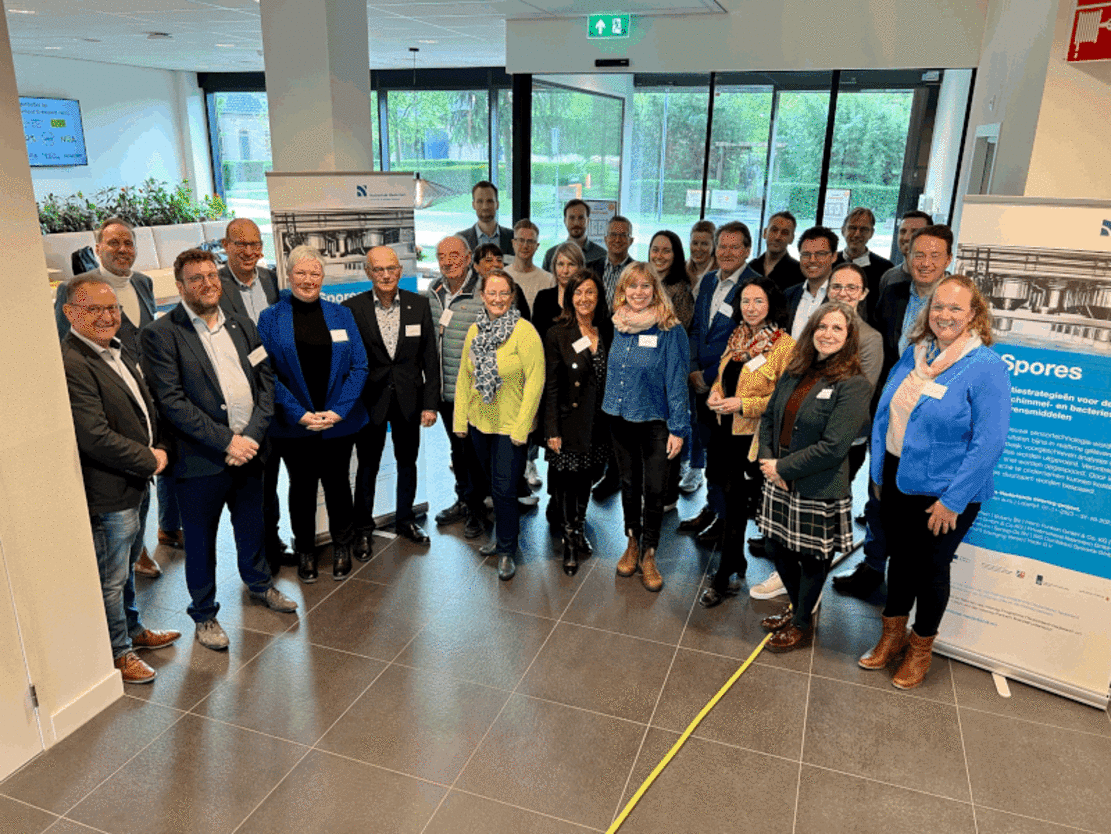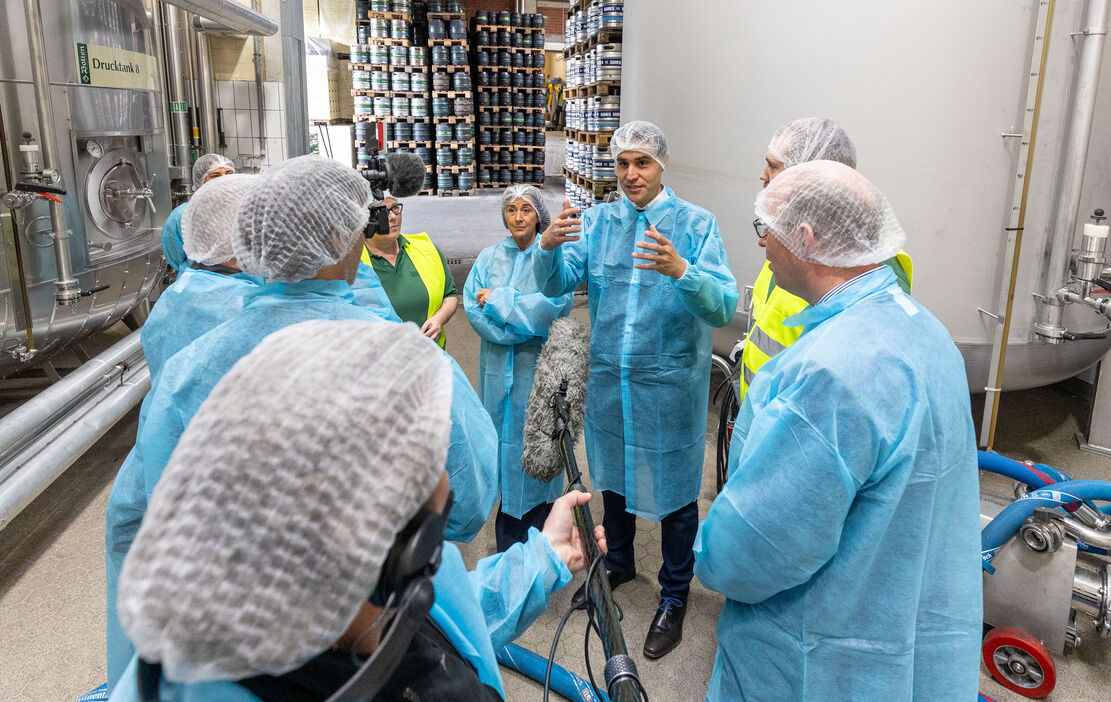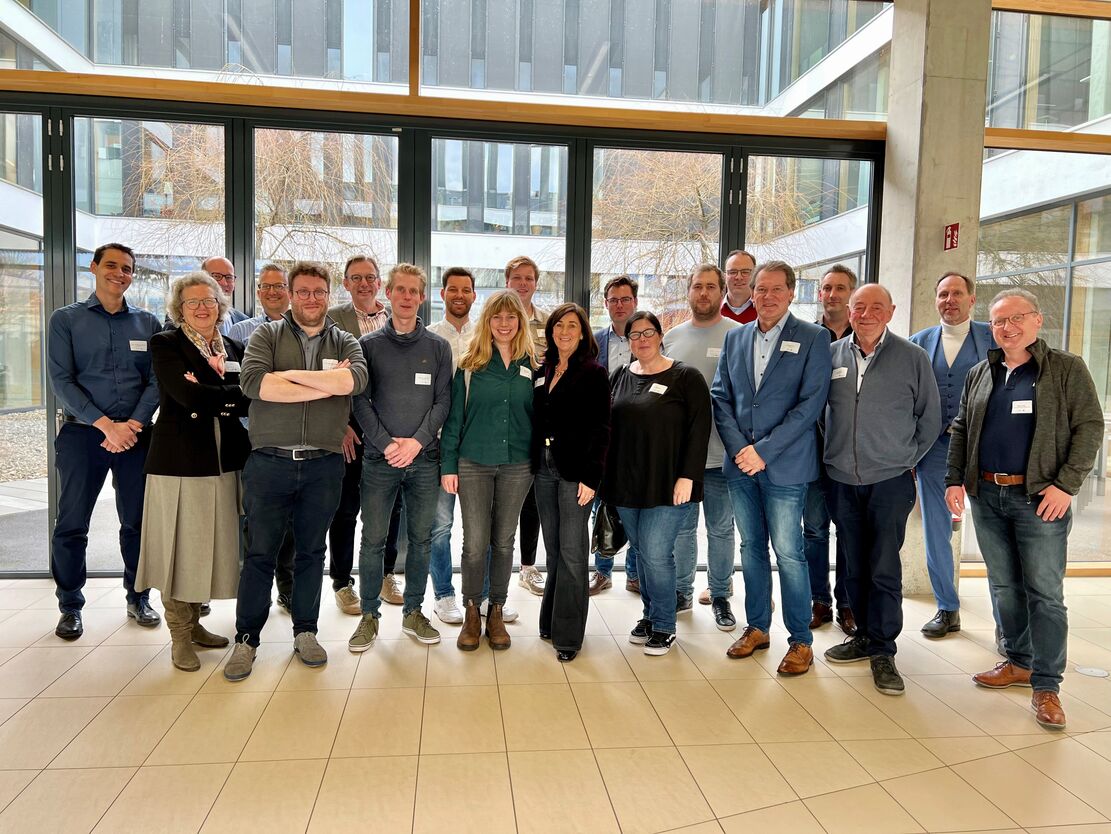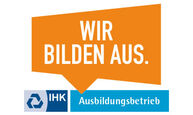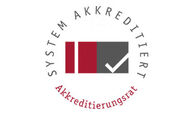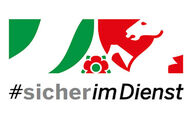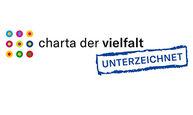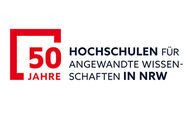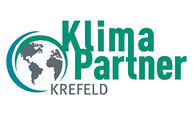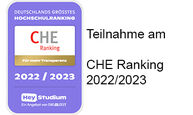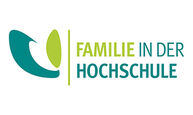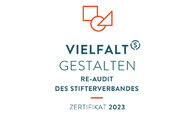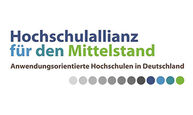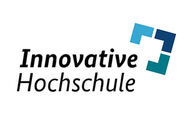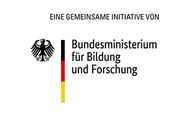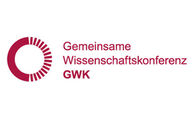We would like to introduce you to a project partner in each issue.
Interview with Geert Oymans, project manager at Botany in the Netherlands.
1. can you briefly introduce yourself and your role in the company?
My name is Geert Oymans and I am a project manager at Botany. In my role, I am responsible for phytopathology, i.e. I am closely involved in projects related to fungi.
2. can you briefly describe your company?
Botany is a company that researches and develops innovative, sustainable solutions for the agricultural and horticultural sector. We combine in-depth botanical knowledge with cutting-edge technology to improve the productivity and sustainability of plants.
3. why is the project so interesting for you?
The SenSpores project is particularly exciting for me because it deals with a particularly innovative method for the early detection and monitoring of fungal spores. This offers the opportunity to have a direct impact on plant health and the efficiency of crop protection, which fits perfectly with our mission to promote sustainable agricultural practices.
4. what are your tasks in the project?
Within the SenSpores project, I am responsible for providing agricultural and horticultural knowledge and insights, especially on plant diseases, as well as sharing our expertise to ensure effective and sustainable solutions within the project. We work closely with the project partners to achieve the research and development objectives.
5. what are the benefits of working with the other project partners?
Collaboration with the other project partners allows us to draw on a very broad range of expertise and resources. This increases the ability to work from an innovative idea to find solutions to relevant problems in practice.
6. have you ever been involved in a similar project? What was your experience?
As part of my work in botany, I have not yet been involved in funding projects such as SenSpores. However, with my experience in the field of phytopathology, I have carried out several projects.
7. what benefits do you see for your company by participating in this project?
Participating in the SenSpores project gives Botany the opportunity to stay at the forefront of the industry by participating in new technologies and contributing to the development of knowledge. It strengthens our partnerships with other leading knowledge organisations and companies.
8. do you think the project will also have a positive impact on the general public? If so, what?
Definitely. The SenSpores project could bring significant benefits to the community, such as improved food safety and quality, as fungal problems can be tackled faster and more effectively. It also helps to reduce the number and efficiency of disease control, which has a positive impact on the environment and society as a whole.

